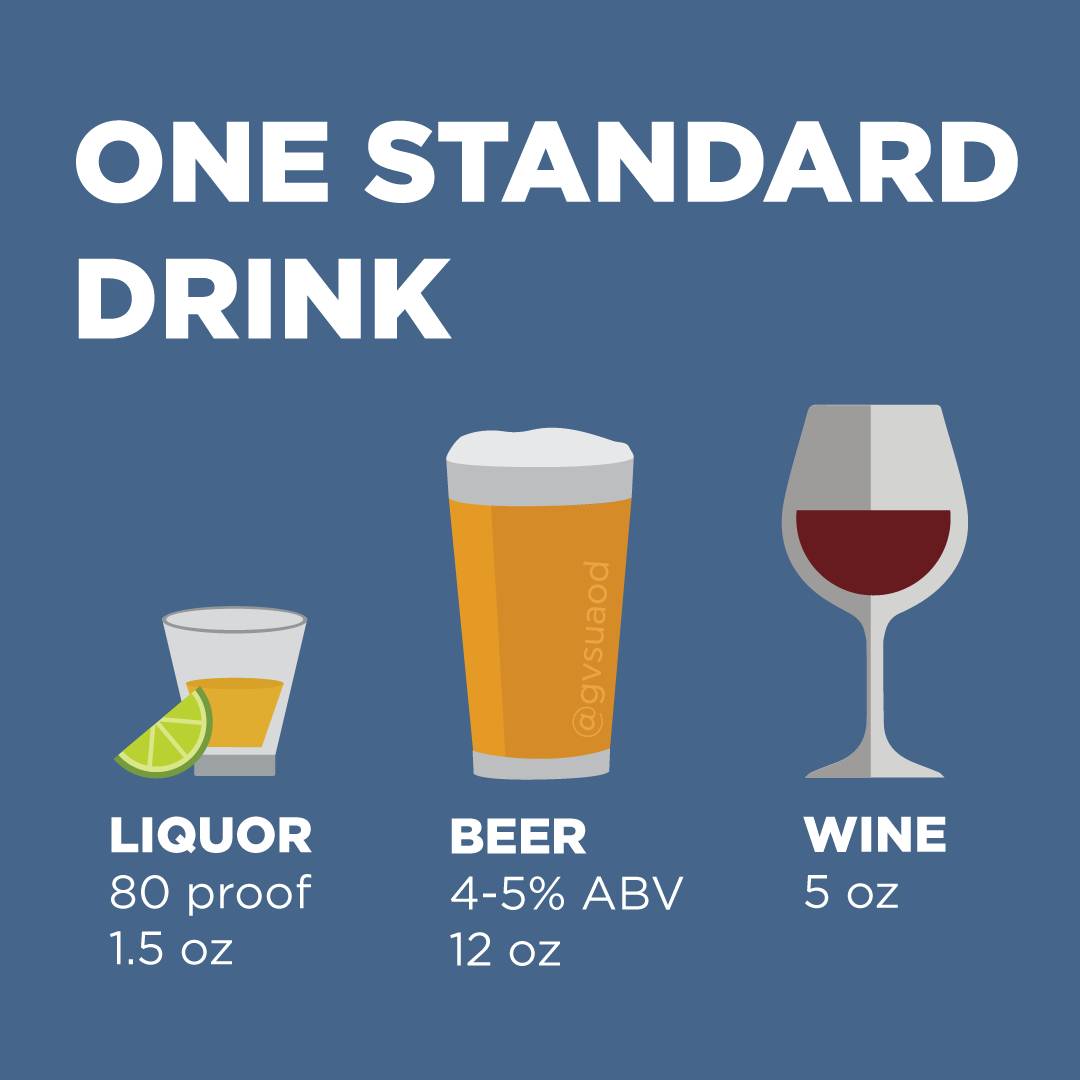Drink Spiking
Drink spiking occurs when someone puts alcohol or other drugs into another person's drink without their knowledge. Drink spiking can take multiple different forms, including:
- pouring alcohol into a non-alcoholic drink
- pouring more alcohol than agreed upon into an alcoholic drink
- placing prescription or illegal drugs into an alcoholic or non-alcoholic drink
Alcohol is the most commonly used drug in drink spiking.
Drugs Used in Drink Spiking
Benzodiazepines
This category includes Rohypnol ("Roofies"), which can cause muscle relaxation, slurred speech, loss of motor coordination, and headache.
GHB
GHB has no color or smell and can cause drowsiness, sleep, and short-term memory loss.
Ketamine
Ketamine can cause distortions in one's reality, has a strong, bitter taste, and has a rapid onset of effects.
MDMA
Drugs like ecstacy, molly, and XTC may be used due to their ability to cause lowered inhibitions.
Protect Yourself and Others
- Before
- Make a plan with friends to check in throughout the night.
- Tell others where you plan to go and what time you think you will be home.
- Check out products that can be helpful, such as NightCap Drink Spiking Prevention Products.
- Charge your phone fully before leaving home.
- During
- Order, watch, and carry your own drink.
- Be aware of your surroundings, especially when going somewhere new.
- Do not tell anyone you have just met private information, such as your address.
- Trust your instincts! Stay away from situations that make you uncomfortable.
- After
- Discard drinks that have an unusual taste or appearance.
- Alert a trusted individual, such as a party host or venue manager, of what has occurred.
- Know that you do not have to handle this alone. Resources including the Center for Women and Gender Equity and the University Counseling Center are available to help.

Know the Warning Signs
- Feeling lightheaded or faint
- Sleepiness
- Nausea
- Headache
- Loss of reflexes
- Feeling "out of it" or unable to think straight
- Speech difficulties
- Loss of consciousness
- A severe or unusual hangover
Drugs used with alcohol may intensify or alter the effect, and the impact may be different with each use.
In Case of an Emergency
- Alert a trusted person such as venue management or security.
- Call 911 and seek professional medical attention.
- Tell the police. Medical Amnesty laws protect students who seek professional assistance in case of emergencies involving alcohol or other drugs.
- Never leave a person who may have been the victim of drink spiking unattended.
- Explore the Center for Women and Gender Equity's sexual assault survivor resources.

